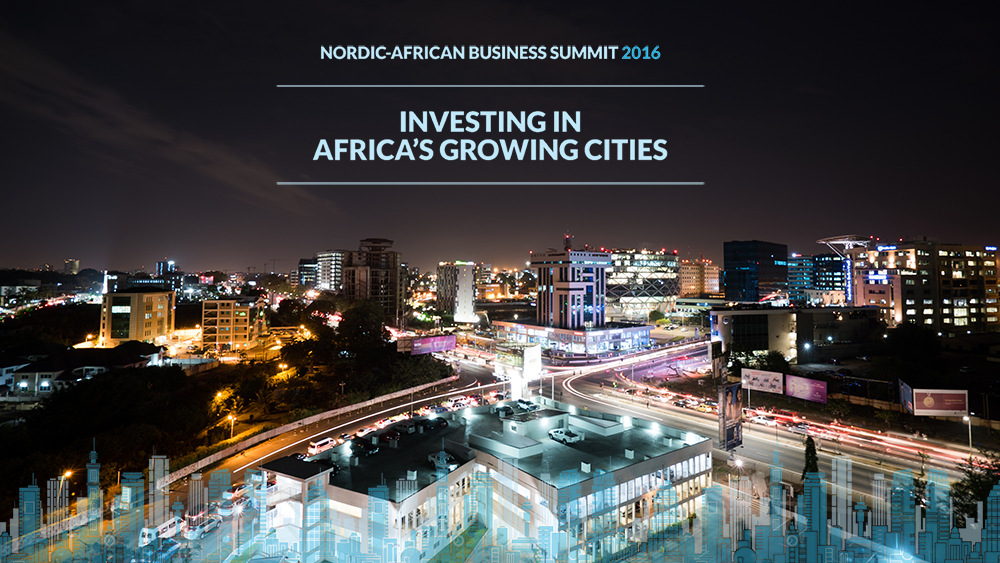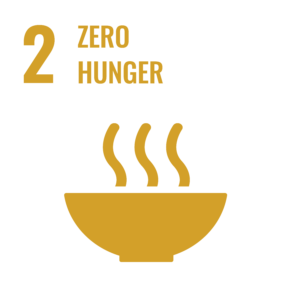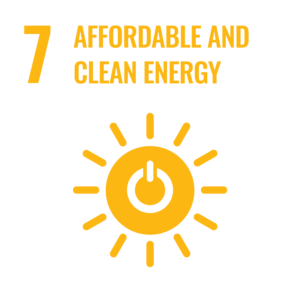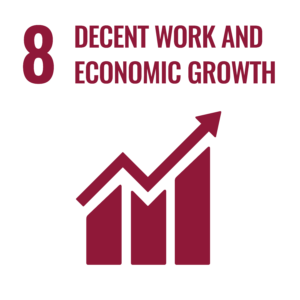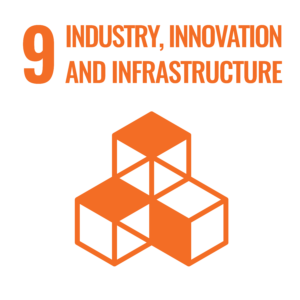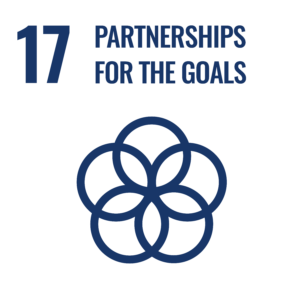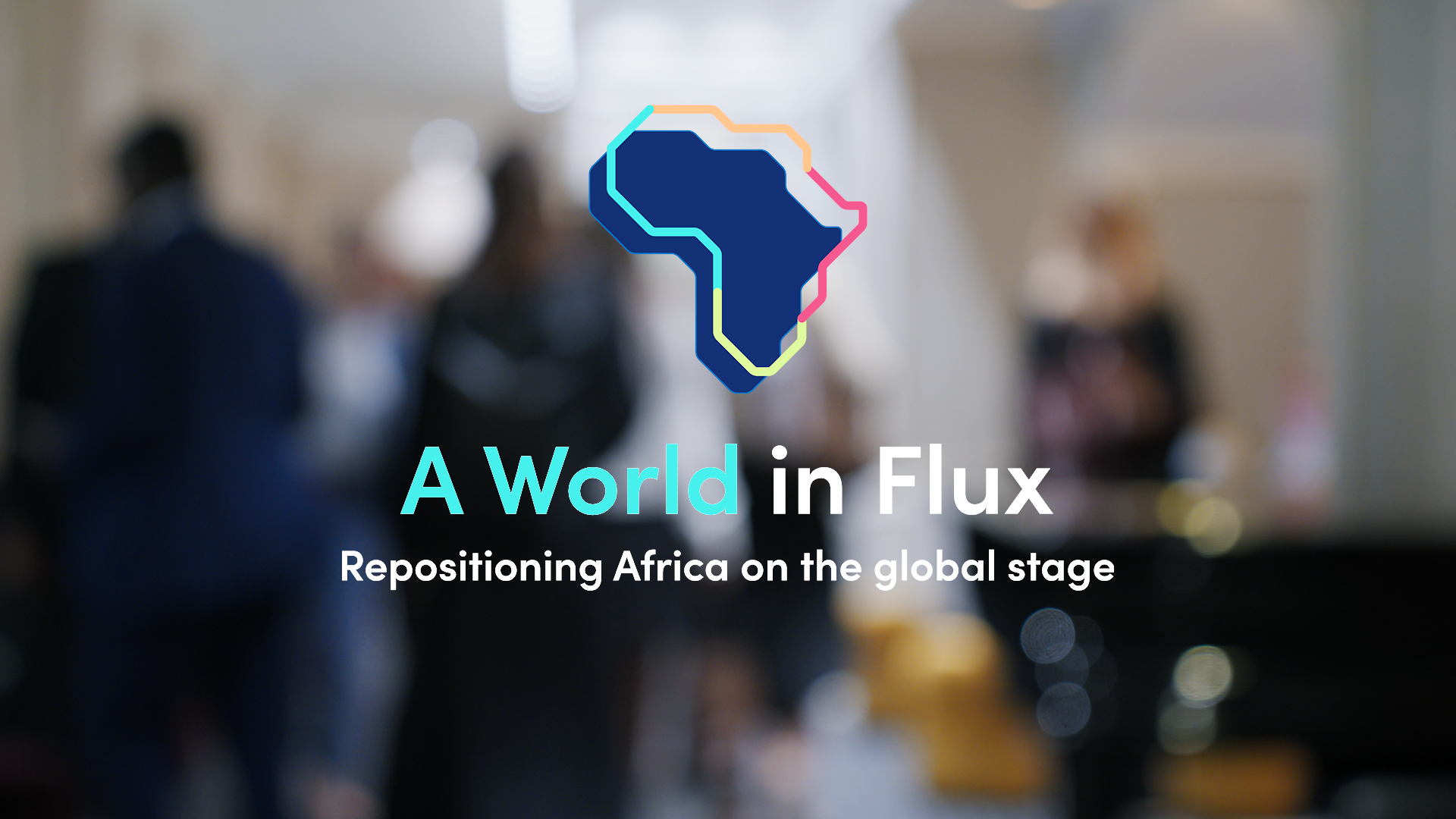Africa is the last frontier for growth opportunities of significant size
The 6th annual Nordic-African Business Summit, 2016
The Norwegian-African Business Association NABA is the most relevant network for Norwegian companies working in African markets. Their mission is to increase more efficient and less risky trade between Norway and Africa.

Creating a link between the Norwegian and African business communities, NABA seeks to promote business opportunities on the African continent and serve as a bridge between Norwegian and African business communities.
NABA currently has over 145 member companies operating in 44 African countries, including in oil and gas, renewable energy, agribusiness, finance, tourism, shipping, fishery and real estate.
NABA holds an extensive public and private sector network on the continent, ready to assist companies, individuals and organisations when doing business in the African markets. NABA arranges seminars, conferences, workshops, and expert meetings in Norway and abroad and NABA membership gives access to information, knowledge transfer and strategic advice.

The annual Nordic-African Business Summit is the Nordic region’s leading business conference focusing exclusively on African markets. Since their first Summit in 2011, more than 300 speakers, and more than 3000 delegates, have made this conference the place to be for business people focusing on Africa.
Nordic and African countries share strong connections – but there is still huge potential for more business partnerships. The NABA Summit brings together Nordic and African companies, business executives, policy makers and potential business partners under one roof for in-depth and personal conversations and meetings.
Norwegian-African Business Association (NABA) with their co-host Norfund, presented ‘Investing in Africa’s growing cities” as the NABA Summit 2016 theme.
Focussing on the continent’s fast growing cities, distinguished speakers shared insights and tools to navigate the many business opportunities this strong urbanization creates.
Opening remarks were delivered by Nordic ministers Mr. Børge Brende, former Norwegian Minister of Foreign Affairs Mr. Kai Mykkänen, former Minister for Foreign Trade and Development, Finland on ‘ The State of the continent. Looking at Tomorrow’s Africa today.’

Mr.Thabo Mbeki, former President Republic of South Africa delivered a Keynote speech on ‘Africa’s State of Affairs’, followed by plenary and parallel sessions.
‘African Economies –What to expect from the cities: African Economy Outlook‘ was delivered by Mr. Henri-Bernard Solignac-Lecomte, Head of Africa Unit, OECD followed by ‘A Conversation: From words to action, experiences from Kampala.’
With Africa being the world’s fastest urbanising region, and nearly 45 % of the population in West Africa being urban, the economic potential of this rapid urbanisation is evident, as the urban GDP was more than double that in the countryside in 2015. The session ‘Infrastructure, Construction and Real Estate in West Africa’ examined how these developments impact the infrastructure, real estate and construction sectors, and how domestic and foreign investors can benefit from this rapid urban expansion in West Africa.
The East African demand for energy is projected to more than double between now and 2040. Global agreements and advancements in technology means renewables are expected to account for a significant portion of this increase. This session ‘Renewable energy in East Africa’ highlighted opportunities presented by this transition.

Africa’s consumer-facing industries are expected to grow by $400 billion by 2020, representing the continent’s largest business opportunity. North Africa has one of the highest rates of urbanization in Africa, and the GDP per capita in urban areas tends to be higher than the country average. This represents an attractive consumer market in North African cities. In the session,’The Urban Consumer in North Africa’ speakers shared their expertise on the current and future state of the consumer market in North Africa.
With significant urban population growth, it leaves fewer farmers to meet the growing demand for food, indicating the need to produce more with less. The session ‘Food production for the Growing Cities’ gave greater understanding of investment prospects in food production, in addition to returns and impact of investment.
Attend the NABA 2020 Summit
8 October 2020, Radisson Blu Scandinavia Hotel, Oslo, Norway
